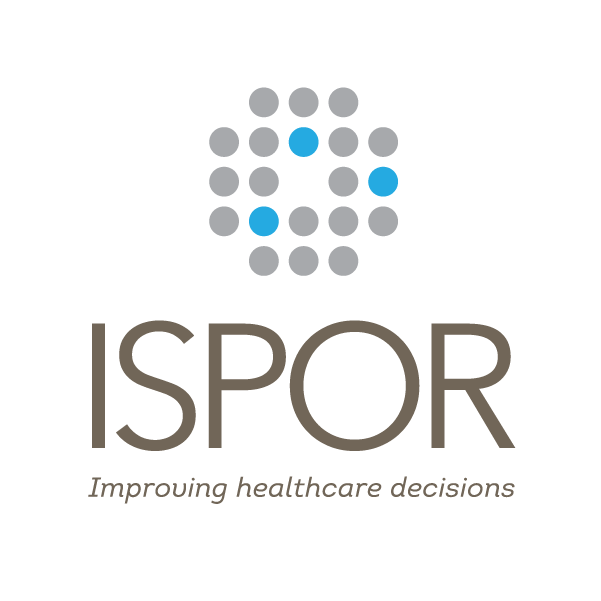Newswise — Barcelona, Spain—13 November 2018—ISPOR, the professional society for health economics and outcomes research, held a spotlight session this afternoon at ISPOR Europe 2018, “Valuing a Cure: Are New Approaches Needed?” [IP16].
The biopharma research and development pipeline contains many innovative, new drugs that may receive regulatory approval over the next 3-5 years. A number of these new medications have the potential to cure significant chronic illnesses, eg, hemophilia, HIV, sickle cell disease, as well as other rarer conditions. In this session, a panel of experts presented contrasting views on the best options for adaptation of health technology assessment (HTA) methods for the evaluation of new potential cures. Speakers included:
- Moderator: Steven D. Pearson, MD, MSc, Institute for Clinical and Economic Review, Boston, MA, USA
- Jens Grueger, PhD, Roche, Basel, Switzerland
- Sarah Garner, PhD, World Health Organization, Geneva, Switzerland
- Mark Sculpher, PhD, Centre for Health Economics, University of York, York, UK
Issues that have been raised about HTA for curative therapies include: Do standard HTA methods capture all the elements of “value” represented by potential cures? Are the standard methods able to reflect the uncertainty that will likely persist for many years following the introduction of these treatments? Consideration of how to best adapt HTA for the evaluation of potential cures is needed now before the anticipated wave of new cures arrives to market.
Dr Pearson detailed a proposal for “sharing” substantial cost offsets between innovators and health systems. Dr Grueger outlined how innovators think about the value of potential curative medications and how this should guide pricing and funding decisions. Dr Garner discussed the pricing of cures from the public health perspective, where access to innovative treatments in lower income countries is a top priority. Dr Sculpher argued that the existing HTA methods are adequate to evaluate these new curative therapies and that radical changes in how assessments occur are not needed.
ISPOR is recognized globally as the leading professional society in HEOR and its role in improving healthcare decisions. ISPOR Europe 2018 is the leading HEOR conference in Europe and draws more than 5000 healthcare stakeholders, including researchers and academicians, assessors and regulators, payers and policy makers, the life sciences industry, and patient engagement organizations.
Additional information on ISPOR Europe 2018 can be found here. Released presentations from the conference can be found here. Interested parties can follow news and developments from the conference on social media using the hashtag #ISPORBarcelona.
###
ABOUT ISPOR
ISPOR, the professional society for health economics and outcomes research (HEOR), is an international, multistakeholder, nonprofit dedicated to advancing HEOR excellence to improve decision making for health globally. The Society is the leading source for scientific conferences, peer-reviewed and MEDLINE®-indexed publications, good practices guidance, education, collaboration, and tools/resources in the field.
Web: www.ispor.org | LinkedIn: http://bit.ly/ISPOR-LIn | Twitter: www.twitter.com/ISPORorg (@ISPORorg) | YouTube: www.youtube.com/user/ISPORorg/videos | Facebook: www.facebook.com/ISPORorg | Instagram: www.instagram.com/ISPORorg
